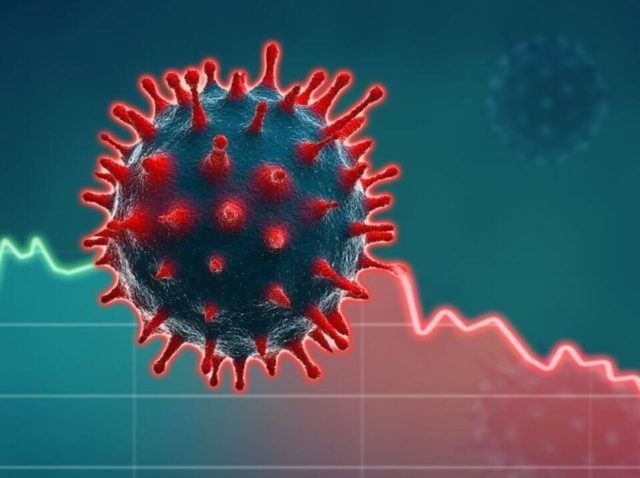Modelling and predictions by the SA Covid-19 modelling consortium indicate that Gauteng could be the hardest hit should the third wave of the pandemic take off
THE GAUTENG Department of Health has raised concerns about the rise in Covid-19 cases in some parts of the province.
This is as modelling and predictions by the SA Covid-19 modelling consortium indicate that Gauteng could be the hardest hit should the third wave of the pandemic take off.
The third wave has been expected for some time, although no time-frame has been predicted by experts.
The Gauteng Health Department said on Wednesday it was concerned about a noticeable increase in reported cases in parts of the province and cautioned citizens.
“The Gauteng Department of Health is concerned about notable increases in new Covid-19 cases. New cases continue to increase across the province especially in the Sedibeng district, where there was a notable increase in cases compared to the previous week,” Gauteng Health spokesperson Kwara Kekana said.
“In the past week, new cases were recorded in Emfuleni, Tshwane, sub-district 3 and Joburg sub distinct B. The department of health urges all people in Gauteng to do their part to contain the transmission of the virus.”
Concerns over a possible third wave had also been fuelled by fears over a coronavirus variant first detected in India.
In just the past week, cases have been reported of people who travelled from India testing positive. A shipping vessel that landed in KwaZulu-Natal has also added fuel to concerns, as some passengers have tested positive and were in isolation.
India is experiencing rising Covid-19 cases, which are driven by a variant first identified in the country.
Health Minister Dr Zweli Mkhize said the government remained concerned about Covid-19 cases being detected at border posts. However, the government has yet to decide on closing borders.
“This increase in detection of cases at the ports of entry is of deep concern to us as a government and we have been attending to this as a matter of urgency. We have consulted the Ministerial Advisory Committee as well as the genomics team to guide us on the management of travellers at ports of entry during these challenging times.
“The government will be determining the next steps to follow and announcements will be made on the state of variants of concern in our context and what measures will be implemented to mitigate against the importation of Covid-19 in general,” the minister said.
He also explained that the B.1.617 variant identified in India has not been detected in the country and that a patient who had tested positive for Covid-19 after travelling from India had the B.1.351 (or 501Y.V2) variant – which remains the most dominant strain in the country.
The B.1.351 (or 501Y.V2) drove South Africa’s second wave of the pandemic late last year.
The South African Covid-19 consortium, in its latest modelling, warned that a driver for a third wave to be harsh as the second wave would likely be driven by a new variant or several other factors.
“Across scenarios, in the absence of a new variant, we expect the peak of the 3rd wave to be lower than the 2nd wave. We however see that a slow, weak behavioural response increases admissions for severe/critical Covid-19 cases across most age groups. Younger age groups are expected to have fewer admissions than in the second wave,” the consortium said.
For provincial breakdowns, the consortium expected the wave pattern to differ, but Gauteng was expected to see the highest projected impact of a third wave.








